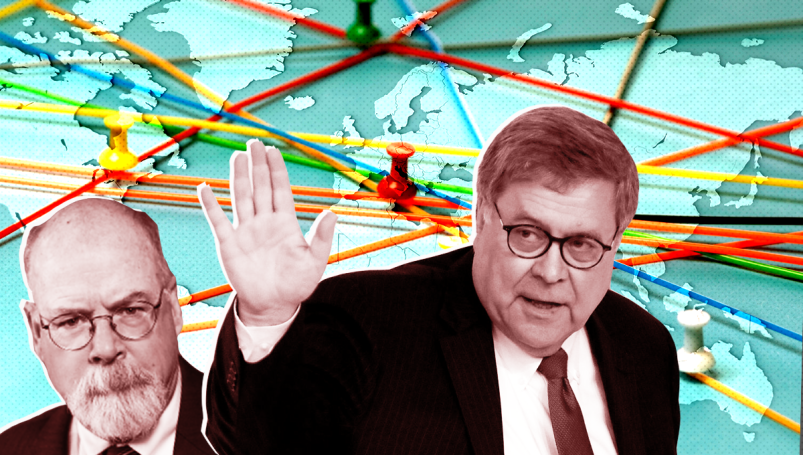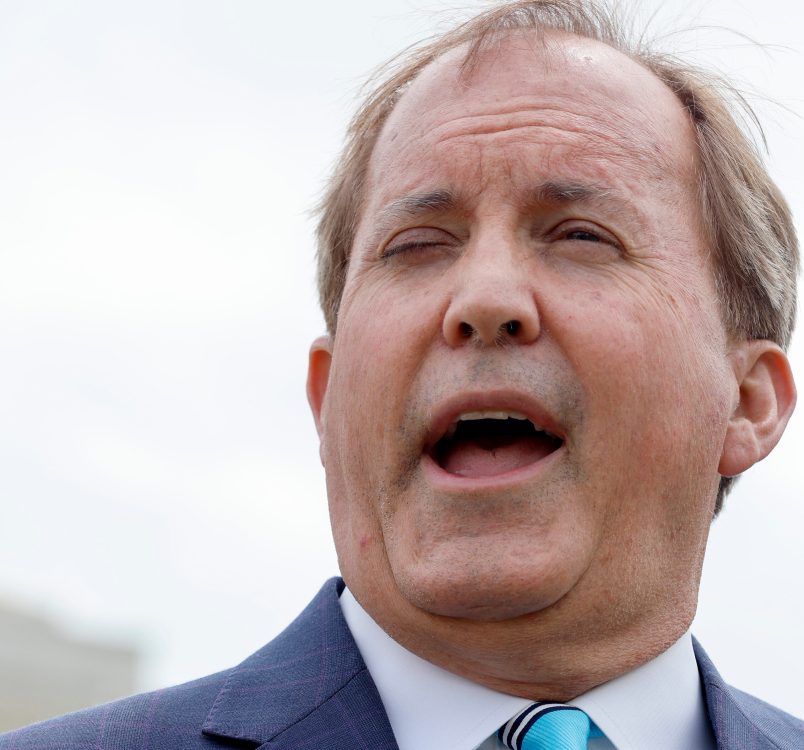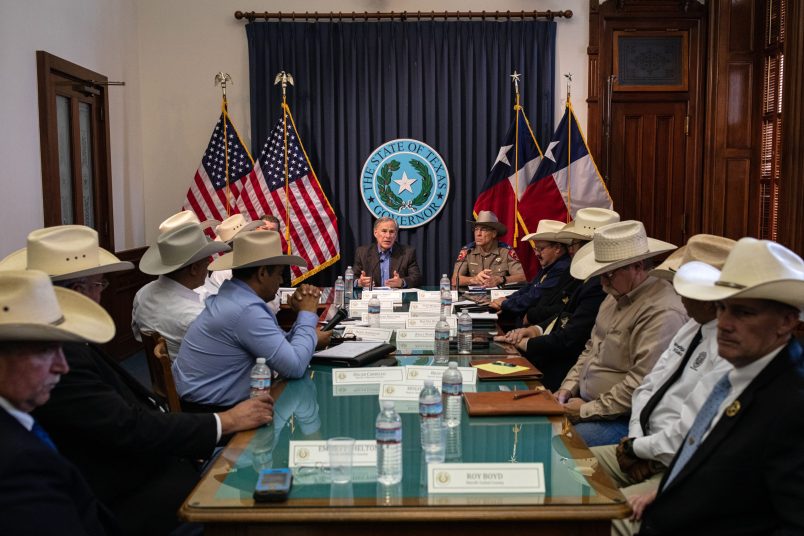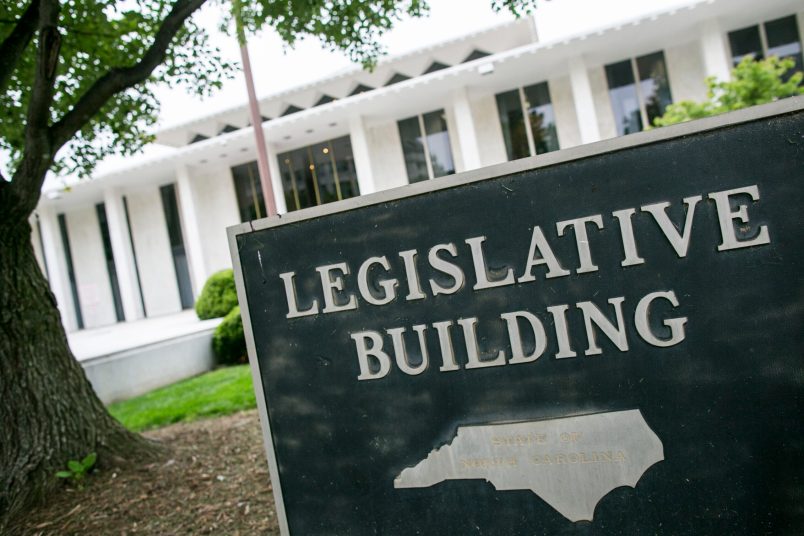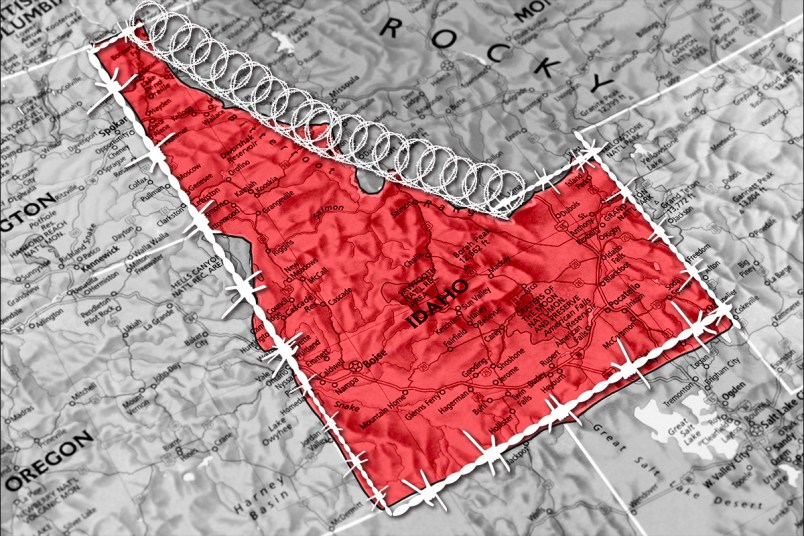Attorney General Bill Barr’s effort to chase down conspiracy theories about the 2016 Russian election meddling probe are attracting new scrutiny as evidence mounts that the White House saw it as part of a quid pro quo with Ukraine.
Barr’s review of the Russia investigation — for which he has appointed the leadership of U.S. Attorney John Durham — was viewed skeptically since its inception earlier this year. Now it appears to be a full-on wild goose chase, while also inflaming the scandal around President Trump’s demands that Ukraine open investigations against his political rivals.
On Thursday, White House chief of staff Mick Mulvaney said military assistance had been withheld from Ukraine to secure its cooperation with Barr’s review. Justice Department officials were reportedly caught off guard by the claim and it was also at odds with what a key witness has testified to Congress. But President Trump’s own invocation of Barr a July call with Ukraine’s presidents suggest Trump saw the Barr-led review and his own desired investigations as one in the same.
Here are five points on the so-called Durham investigation:
The probe was unveiled after Barr accused DOJ of “spying” on the Trump campaign.
The revelation that the Justice Department had opened a formal review of the 2016 election interference investigation raised eyebrows, particularly because the news came not long after Barr used the Trump-friendly term “spying” to describe the DOJ’s surveillance of ex-campaign officials. The review had been underway “for weeks,” according to Fox News, by the time Barr’s appointment of Durham to lead it was made public in mid-May. Its launch came as an inspector general examination of the DOJ’s 2016 actions was wrapping up, and in addition to the congressional oversight of the 2016 probe.
At first, the choice of Durham brought some legitimacy to the review.
Barr’s choice of Durham helped mitigate the early criticisms of the investigation. A U.S. attorney who served in administrations of both parties, Durham has handled politically sensitive investigations into government actions — including reviews that looked at the intelligence agencies he’s now examining as part of the current probe. Durham has also brought on the help of a former federal prosecutor who oversaw the probe into U.S. attorneys’ firing scandal of the George W. Bush administration. But Barr’s heavy involvement in Durham’s review has worn away much of that sheen of legitimacy, as has the revelation that Rudy Giuliani was leading a campaign pressuring Ukraine to publicly open probes into 2016-related claims. The Justice Department has distanced itself from Giuliani’s and Trump’s demands of Ukraine.
The focus — aimed at both FBI and CIA — has broadened.
At first Durham, was reportedly probing the investigative activity during the 2016 campaign. But his timeline has expanded to include the spring of 2017 up until the time that special counsel Robert Mueller was appointed, Fox News has reported.
While DOJ figures key to the opening of the 2016 probe have not yet been interviewed, Durham’s investigators have still been looking at claims of bias in the FBI’s actions, the New York Times reported over the weekend. He’s also said to be looking at the intel agencies that fed information to the FBI and their foreign sources. Durham’s review wasn’t a criminal probe when it was launched — it’s unclear if that has since changed — and he doesn’t appear to have subpoena power.
Barr’s globetrotting for the review has fueled claims it is a goose chase.
Barr has personally requested foreign leaders cooperate with the review, while jet-setting around the world as part of the probe. What he’s focused on reinforces the belief that he’s chasing conspiracy theories about how the 2016 election investigation was started.
On a recent trip to Italy — reportedly his second — Barr viewed evidence related to a mysterious professor who is central to the sensational claims that the Russia probe was an entrapment scheme. The professor, Joseph Mifsud, approached a Trump campaign advisor, George Papadopoulos, with claims of Russian dirt on Hillary Clinton, according to plea documents in Papadopoulos’ case. Papadopoulos now claims Mifsud was a Western intelligence plant.
A Washington Post source claimed that, while in London over the summer, Barr suggested to officials there that information was improperly gathered on the Trump campaign, though another source denied that account. Barr additionally pressed Australian officials for their cooperation, as has Trump himself. The 2016 DOJ probe was launched after Papadopoulos told an Australian diplomat in London about Mifsud’s claims of Russian dirt on Clinton.
The probe has attracted an assortment of criticism.
Even before the Barr/Durham probe was directly implicated in the Ukraine impeachment drama, it was attracting tough scrutiny. Critics claimed that it was unnecessary, given that there have been several other reviews of the opening of the 2016 probe, and that it was unwarranted, since, so far, no evidence of clear wrongdoing related to the launch of the probe has emerged. Others have questioned whether the Justice Department is really equipped to review the assessments of other intelligence agencies, while concerns have also been raised about the willingness of foreign allies to cooperate with investigations in the future. Barr’s involvement has led credence to the belief that there is a partisan objective to the probe and that the attorney general is set on turning up anything that will help vindicate Trump.
Mulvaney’s comments Thursday took those criticisms to the next level. Even some early defenders of Durham’s review argued Mulvaney had significantly tarnished it by invoking one of the crazier Russia conspiracy theories while defending the freeze a military aid as leverage for Ukraine’s cooperation. A U.S. diplomat who worked with Giuliani on the Ukraine pressure gambit told Congress earlier this month that he was not aware of any official DOJ request for Ukraine’s cooperation, the Daily Beast reported.
Mulvaney has since tried to claim that he never said that there was a quid pro quo, even though initially he repeatedly confirmed that was the case when he was pressed by reporters.


